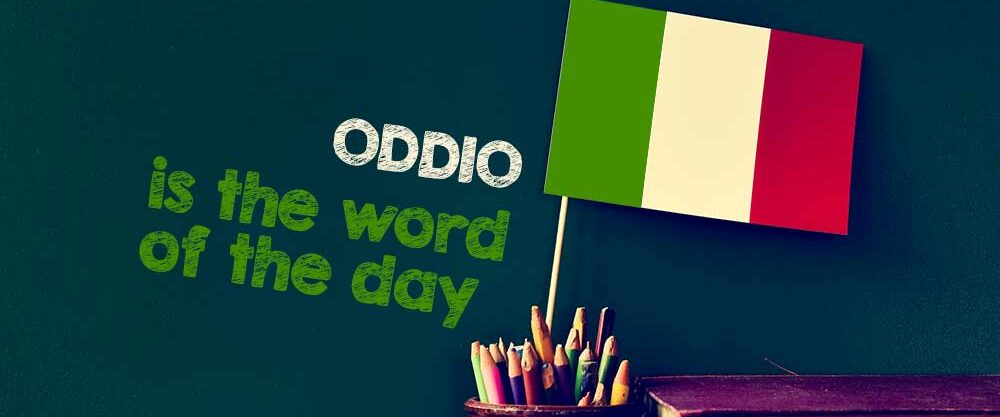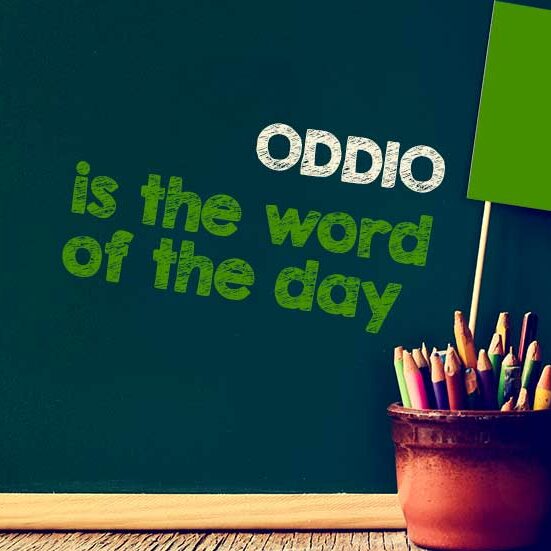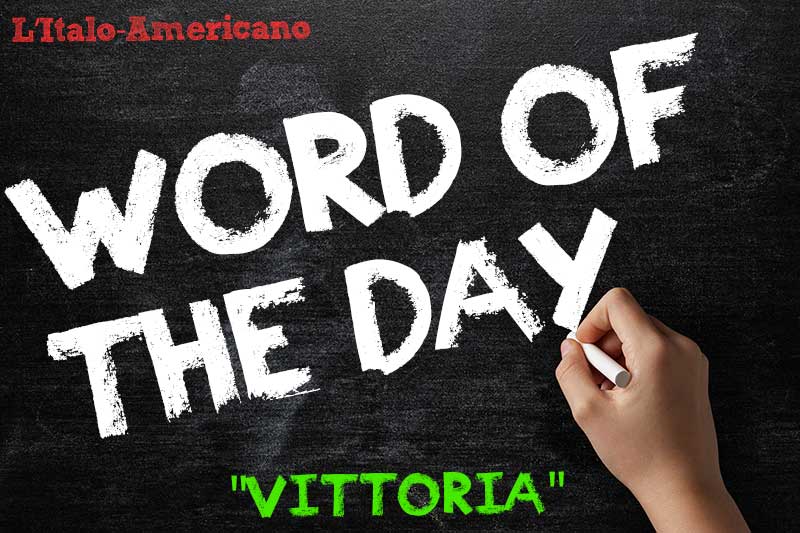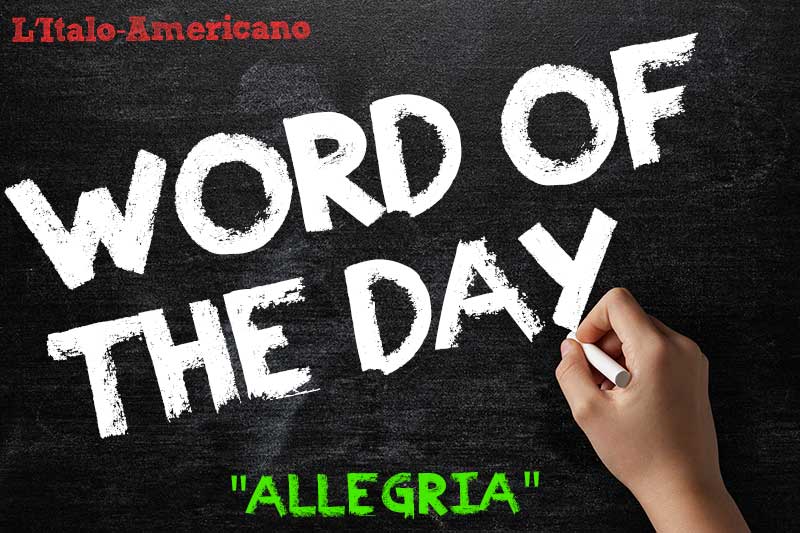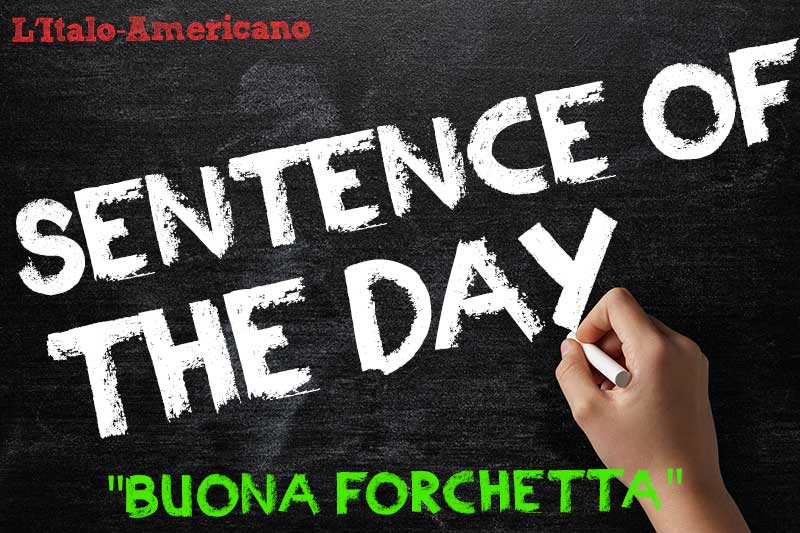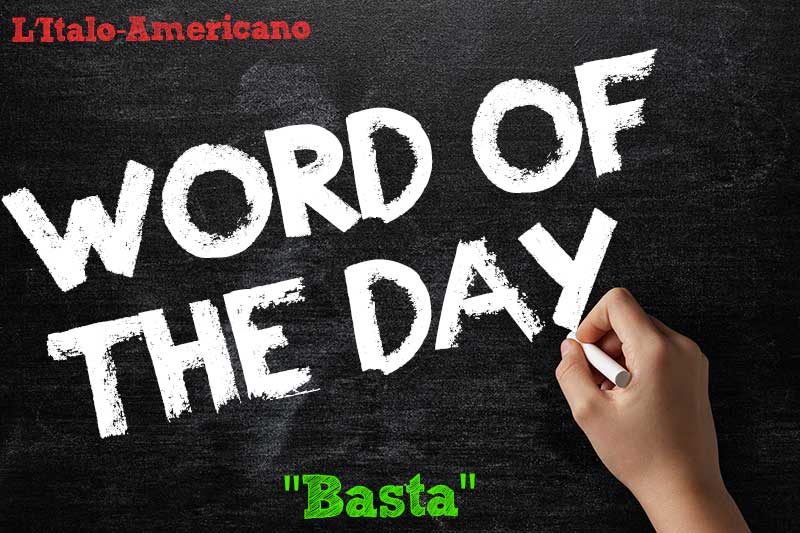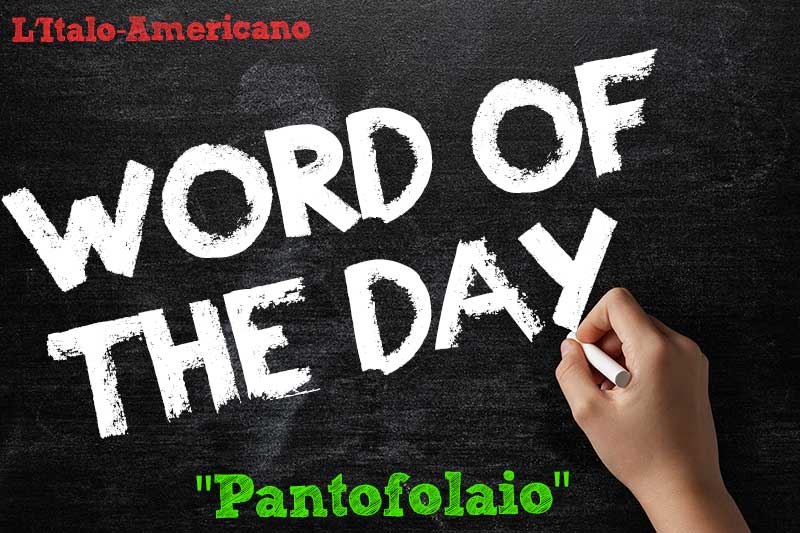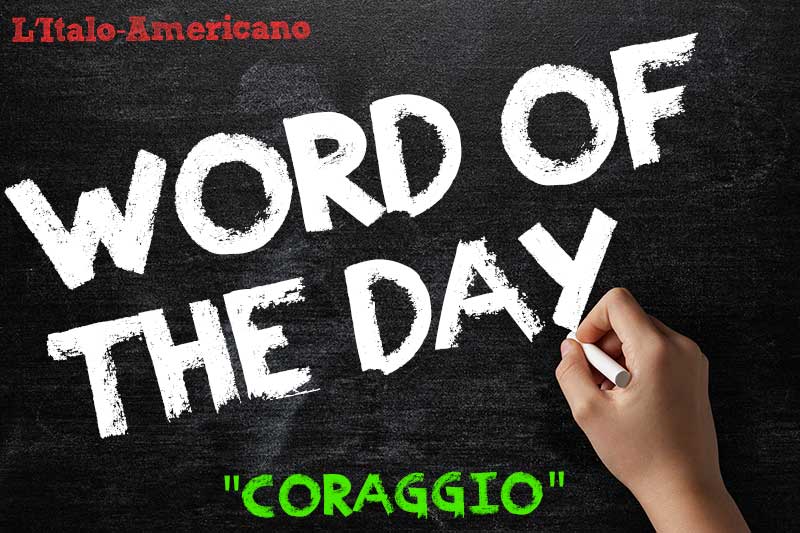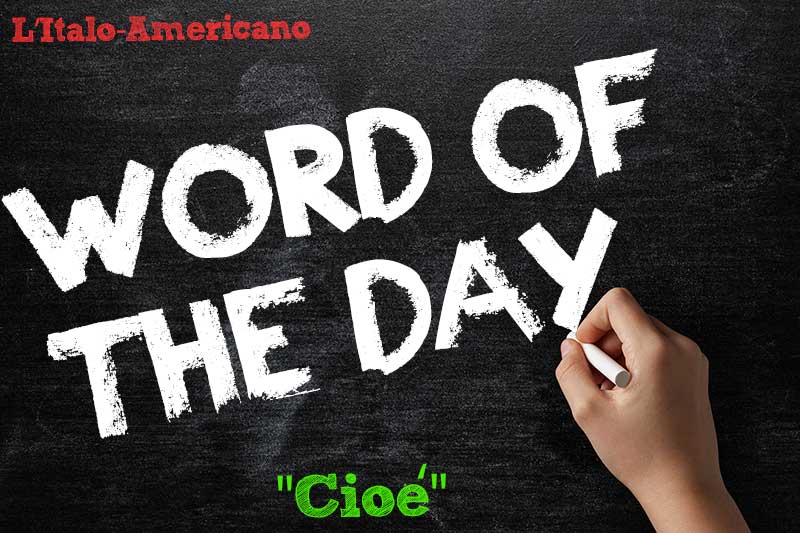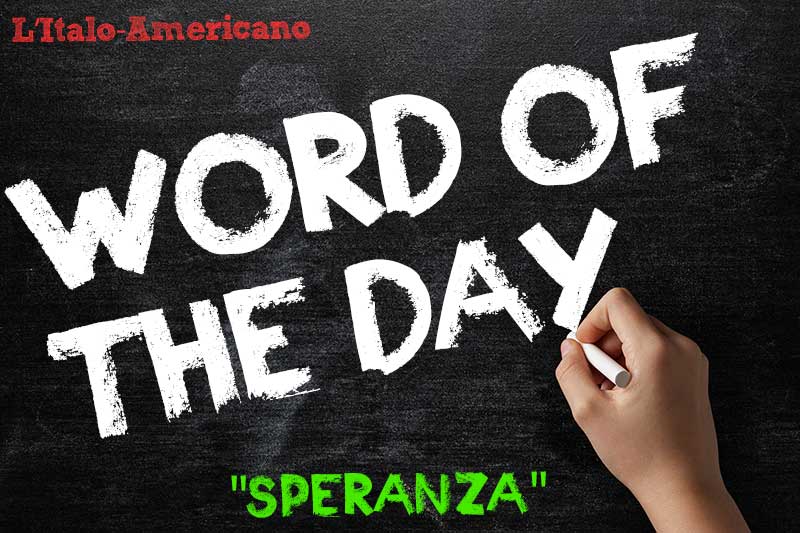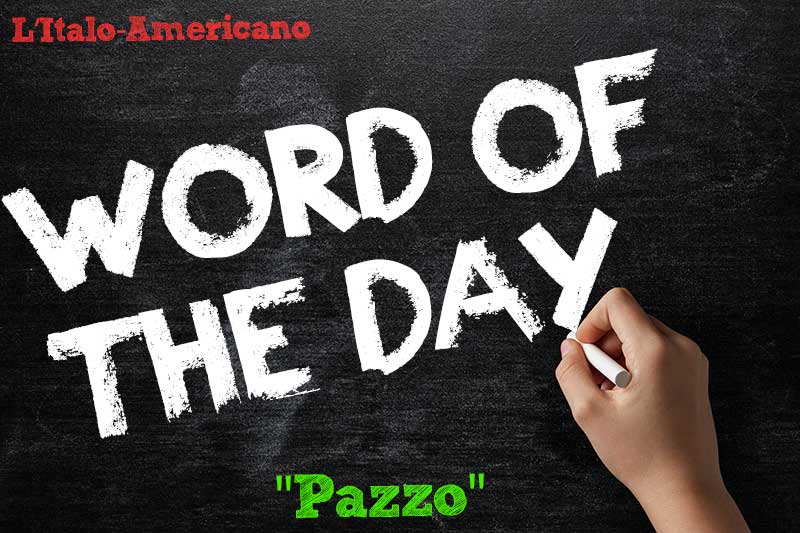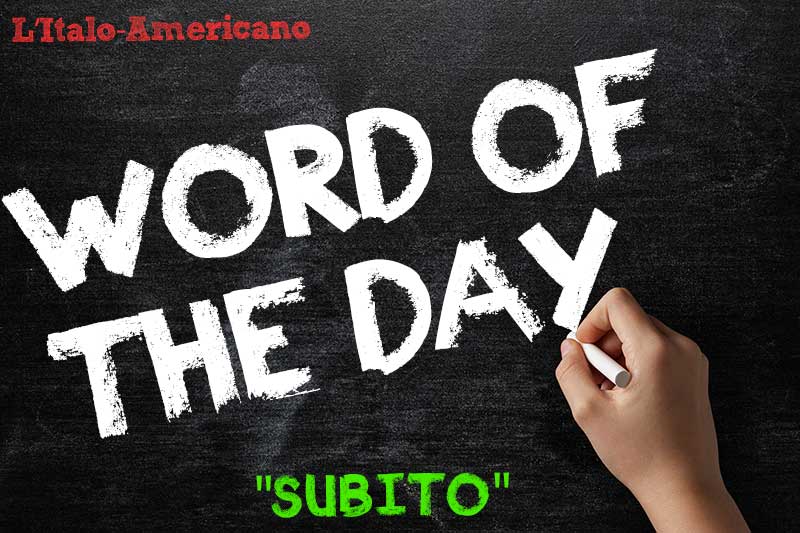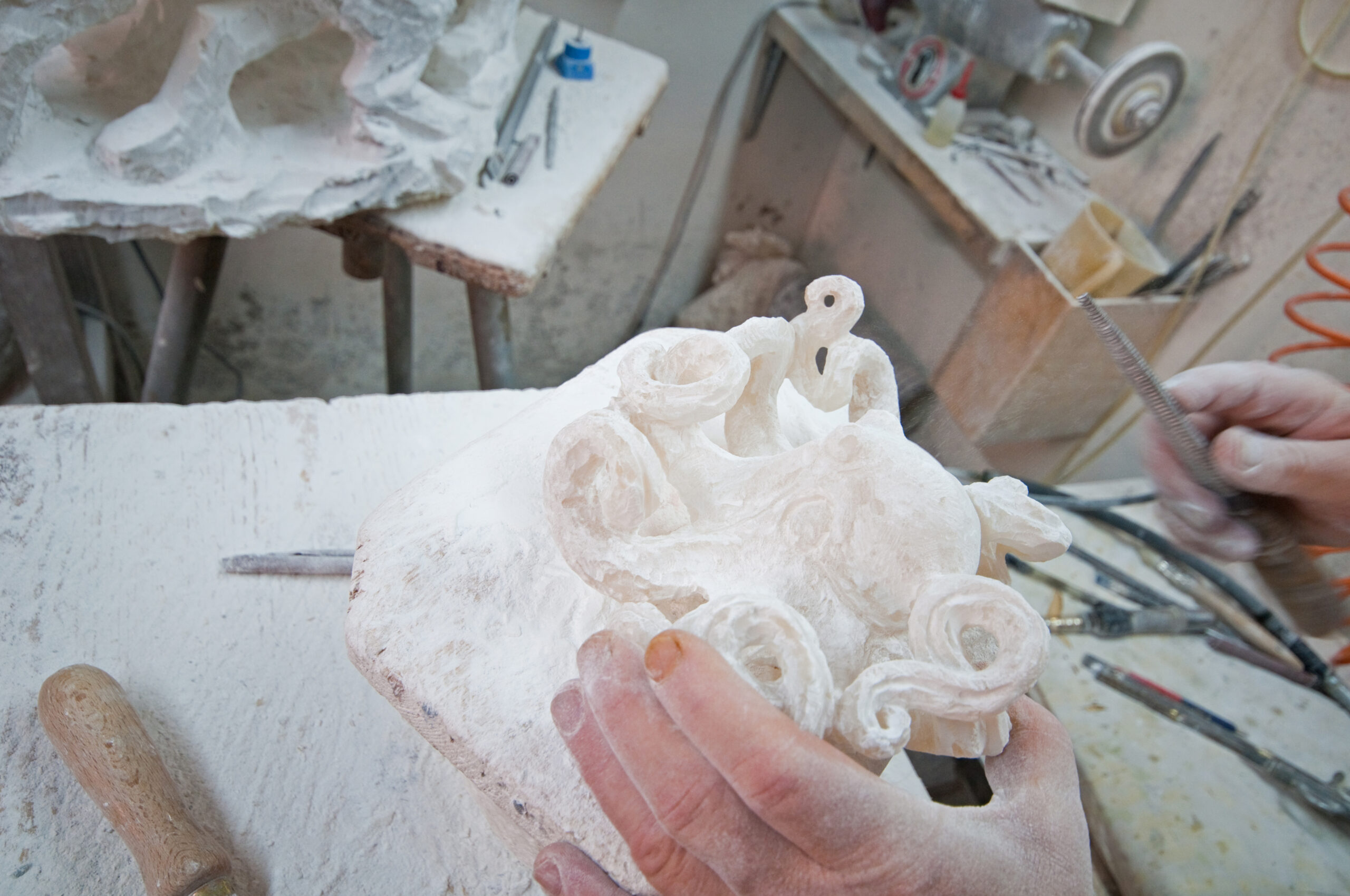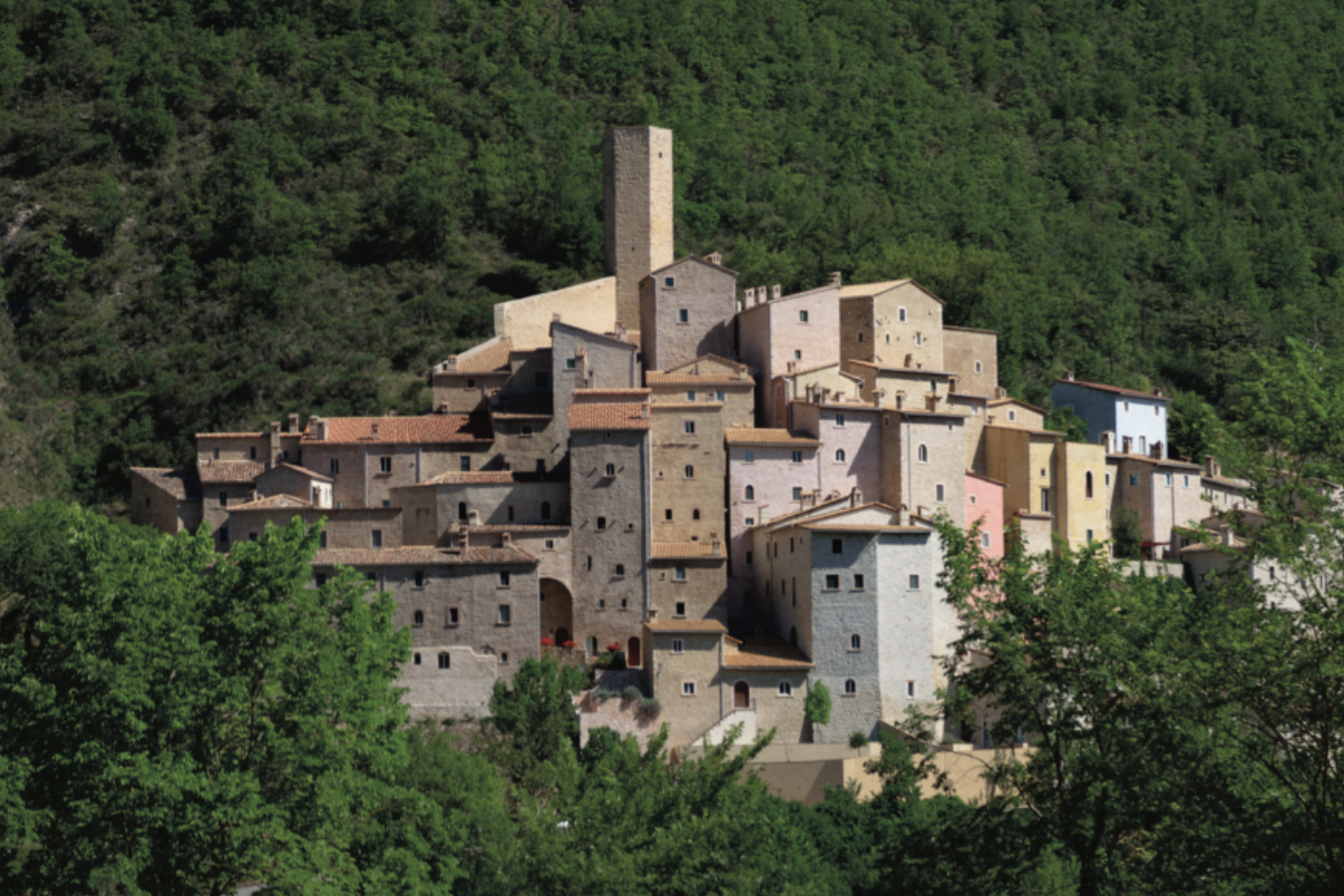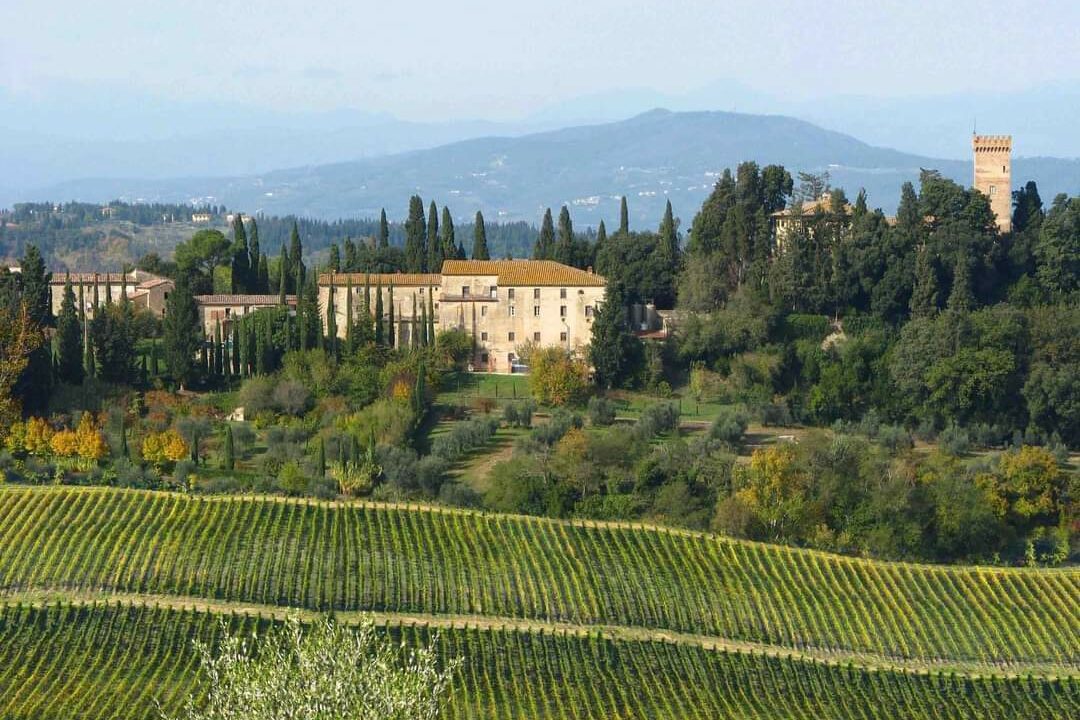Word of the Day
Vittoria (Vit-toh-ree-ah) is one of those words you recognize in all languages. Victory in English, victoire in French, victoria in Spanish, never mind where you come from in the world, its sound and meaning is understood. The first to use …
Allegria! (Ahl-lai-gree-ah) means fun, gaiety, cheerfulness. Italians are known to be gente allegra, cheerful people, and it shows especially in hard times such as these. The history of the word is somehow uncommon — or at least it is, when …
I believe that when someone says you are a buona forchetta you should take it as a compliment. In the end, why wouldn’t you? To be a buona forchetta (boo-oh-nah for-kai-tah) doesn’t simply mean to be a good eater, it …
Basta (bah.stah) is one of those words that change their meaning depending on the voice intonation you choose. A peremptory “Basta!” is a strong order one cannot refuse to follow, while a softer, questioning “Basta?” is as gentle as a …
The Fall is, without a doubt, the favorite season for a pantofolaio (pahn-toh-foh-lah-ee-oh), because they can do what they prefer, without being judged by society: staying in, coffee in hand, eating cookies and watching tv. The word comes from pantofola, …
If there is one thing people have been showing these days, that’d be coraggio (coh-rah-djoh). Its meaning is simple, because the Italian sounds and looks a lot like the English courage, which is exactly what it means. Coraggio comes from …
Cioè (tcho-eh) is one of Italy’s most common intercalari, those words we like to throw here and there while we talk, but hey! It has a real meaning, too. Cioè is the contraction of two words, ciò, this/that, and è, …
Speranza (spe-rahn-zah), what a beautiful word. It means “hope” and it comes from the Latin spes, a noun of the fifth declension, one that kids in school never managed to remember. Before being “speranza,” it was speme in Italian and, …
Pazzo (pah-tsoh) means crazy, and you’d be crazy to think it’s not a popular word. It comes from the word pazzia, a noun as poetic as it is unsettling — in all languages — associated as it is to mental …
Subito (soo-bee-toh) means “soon, “now,” or “immediately.” It is used in a variety of very common expressions so learning how to use it can be very handy! As always, it comes from the Latin subitus, an adjective similar to the …
